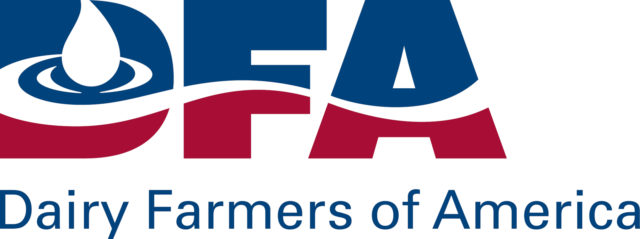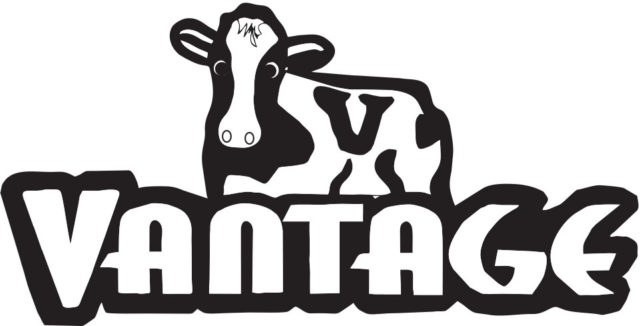Winter is a tough time of year regardless of how you milk your cows. Things freeze. Snow, ice and cold are here. Things take longer than they should. Winter was tough when we milked in our parlor, but making the switch to robots meant completely relearning winter.
We knew we missed something big during our first winter. The first night below 20ºF (-6ºC), I didn’t sleep – at all. Everyone jokes about the recliner in our office, but that night is the reason why. In case we had another night like that one, we wanted to make sure we would have a place to sleep. We quickly learned we needed way more heat. With more and more robotic farms coming online, I wanted to share my tips for surviving a winter with robots.
1. Find out what freezes. The best way to find out what freezes is to talk to other producers who live in a place with a similar climate or colder. By knowing what is likely to give you trouble, you can hopefully help prevent it.
2. Ask producers with a few years under their belt for advice on winterizing. Each farm has their own unique ways to keep Old Man Winter away from their robots. Talk to lots of farmers and see what they do. Take the ideas and put them all together.
3. Knocking down the wind is key. In our experience, the cold doesn’t hurt a robot until it gets around 10ºF. But the wind can wreak major havoc. Make it your goal to keep the wind out as much as possible.
4. Products that keep ice away will be your friends. When it gets cold consistently, we use things like propylene glycol or Vaseline on anything that could freeze to itself. Things that move a lot and go under or on the cow can be hard to keep from freezing. They are moving, have water on them regularly and are out in the cold. That’s where these products come in handy. Stock up on lots of them and have them on hand.
5. It’s better to be over prepared than underprepared. There is nothing worse than a frozen robot at 3 a.m. Your options are pretty slim since nothing is open and you’re probably there alone. It’s always best to have more heat than you need and you can scale it back. The alternative will probably mean a lack of sleep.
If you are properly prepared, winter is not a big deal. The key is to ask for advice and use those pieces of advice to guide your strategy. With some early preparation, you will be ready to keep the cold out. ![]()

-
Ashley Messing-Kennedy
- Dairy Producer
- Bad Axe, Michigan
- Email Ashley Messing-Kennedy





